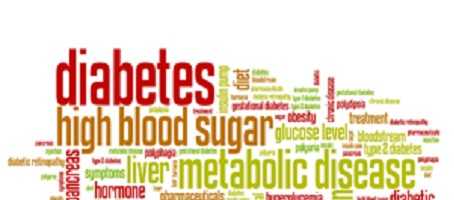Researchers at Saint Louis University (SLU) have successfully prevented the development of type 1 diabetes in an animal model.
Type 1 diabetes is an autoimmune disease, characterised by the destruction of insulin-producing beta cells by the immune system. Current treatment for type 1 diabetes consists of controlling blood glucose using insulin injections and carefully-planned diet.
The study, published in Endocrinology, focused on countering the process by which the immune system attacks insulin-producing beta cells in the pancreas, thereby triggering the development of type 1 diabetes.
Previous research revealed that the development of type 1 diabetes was connected to at least two kinds of immune t-cells. Researchers wanted to know the exact nature of the role of a third type of T-cell: TH17.
They discovered that two nuclear receptors play an important part in the production of TH17 cells. By targeting the nuclear receptors, the researchers halted the development of autoimmunity and the destruction of beta cells in mouse models, thus preventing the onset of type 1 diabetes.
The receptors are known as ROR alpha and gamma t. When the researchers block them with a selective ROR alpha and gamma t inverse agonist called SR1001, the development of type 1 diabetes in mouse models was significantly reduced.
The results suggest that TH17 cells are central to the onset of type 1 diabetes. Developing drugs and medication that target TH17 cells may be a productive method of treating type 1 diabetes, potentially even offering an alternative to insulin injections.
Thomas Burris, PhD, chair of pharmacological and physiological science at Saint Louis University said, “None of the animals on the treatment developed diabetes even when we started treatment after significant beta cell damage had already occurred. We believe this type of treatment would slow the progression of type 1 diabetes in people or potentially even eliminate the need for insulin therapy.”
What's new on the forum? ⭐️
Get our free newsletters
Stay up to date with the latest news, research and breakthroughs.






